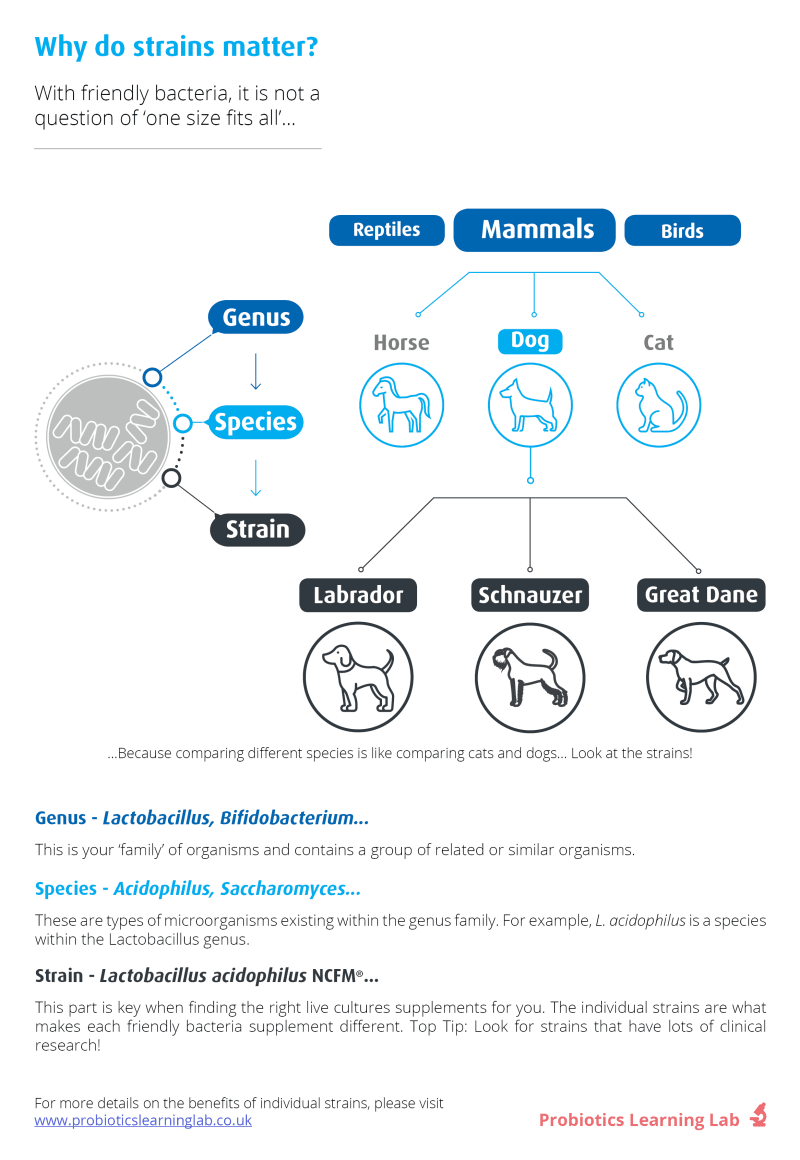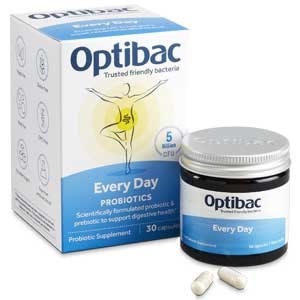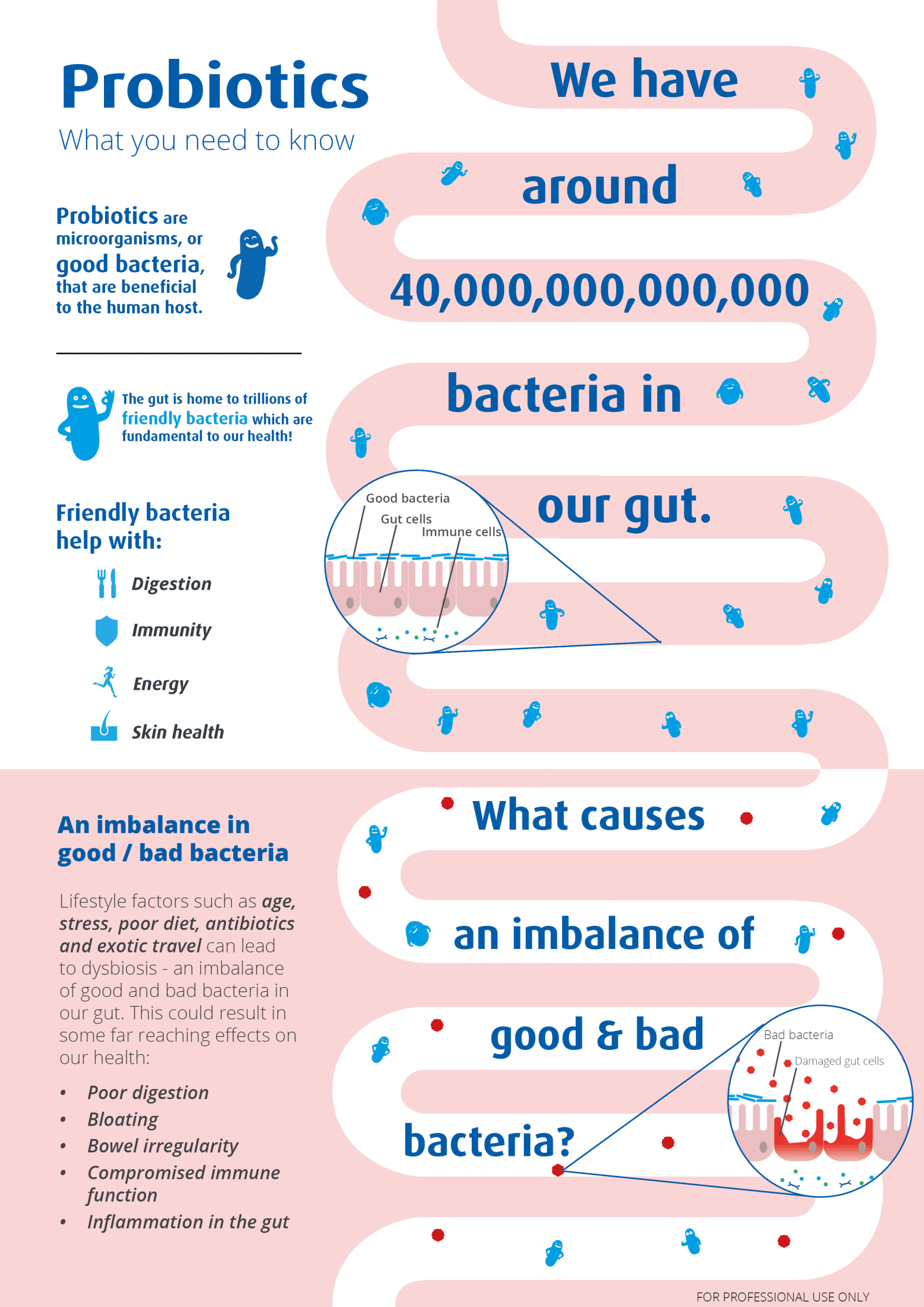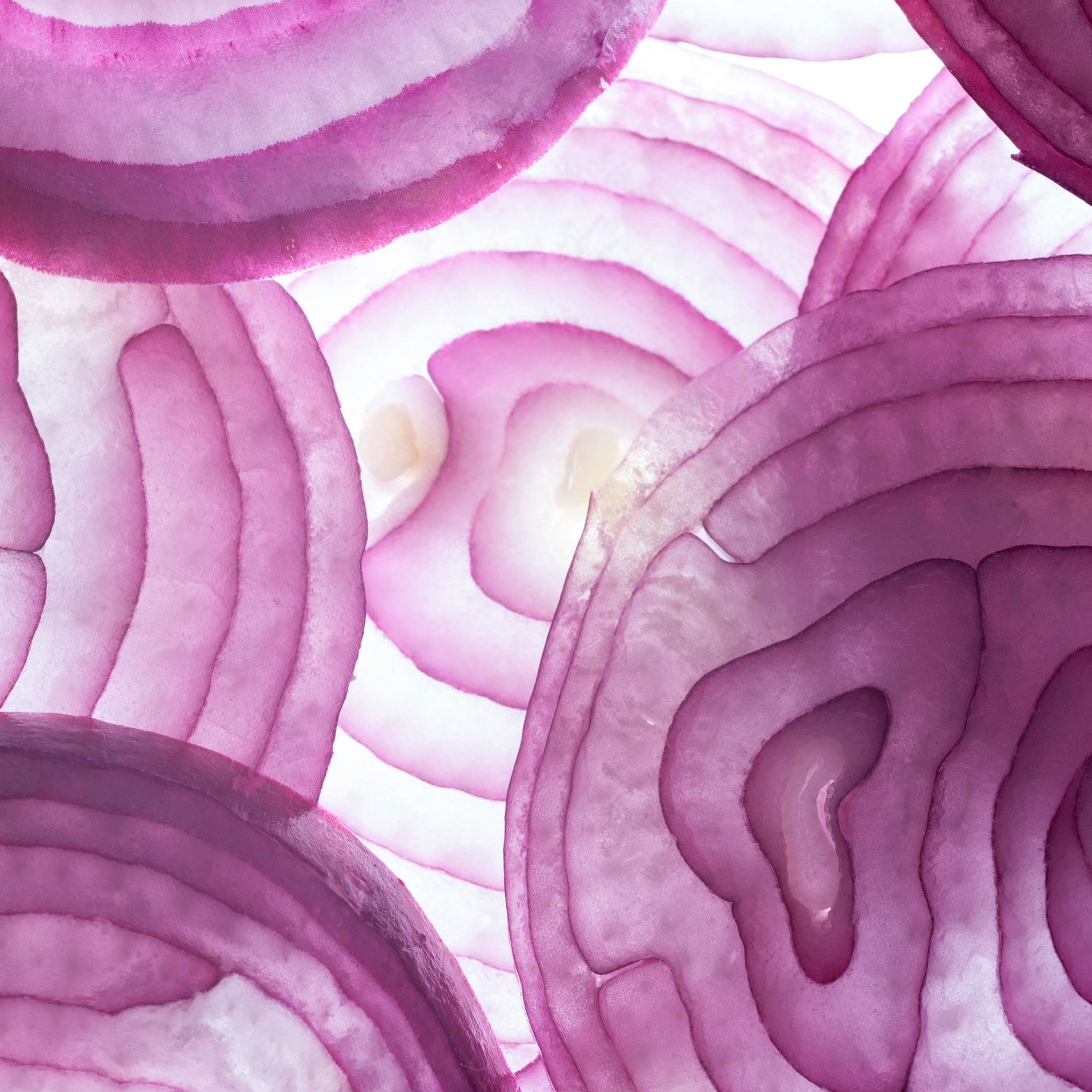What are Probiotics?
The human gut is home to trillions of microorganisms, collectively known as the microbiome. Among these are probiotics - live bacteria and yeasts that play a vital role in maintaining a balanced gut environment. By supporting digestive health and crowding out harmful bacteria, probiotics contribute to overall well-being.
With approximately 70% of the immune system located in the gut, its health is closely linked to immunity, digestion, and various aspects of systemic health. Disruptions to the gut microbiome, known as ‘dysbiosis,’ can lead to digestive discomfort, lowered natural immunity, and other health conditions.
In this article we explore what are probiotics and more:
- What do probiotics do?
- What are probiotic strains?
- What’s the difference between probiotics,prebiotics, and postbiotics?
- What are probiotic foods?
- Probiotics and health concerns
- Is there a difference between live cultures and probiotics?
- Can I take probiotics every day?
- Who should not take probiotics?
- Which is the best probiotic?
- Key takeaways
What do probiotics do?
Many people are confused about what are probiotics, and what probiotics do in the body. There are many questions about the role of probiotics in health, which we answer in this article.
Research confidently supports the fact that probiotics do support digestive health by producing specific enzymes1 needed in the digestion of food and aiding the breakdown of food substances.
Probiotics are also known to improve the absorption of vitamins & minerals into the bloodstream, and even produce B complex vitamins & Vitamin K2. B vitamins are vital for maintaining energy levels and brain function3, while Vitamin K plays a key role in bone health4. In addition, ‘bad’ strains of bacteria, known as pathogens, can be crowded out by probiotics, the ‘good’ strains of bacteria, so they help to complement and support the health of the gut microbiome.
Probiotics are also thought to support immune health by stimulating the body’s natural defences, and by lining the intestines with a protective layer of friendly bacteria that bars pathogenic substances in the gut from harming the body. As two-thirds of the body's immune system is managed in the gut, it may be important to keep one's probiotic levels high.
There is mounting research to support the role of probiotics in a host of other health conditions and parts of the body - read on to find out more about how probiotics support the skin, vagina, mood, and heart health.
Read more about what are probiotics and how they work in our articles How do probiotics work? and Benefits of probiotics
What are probiotic strains?
It is important to point out that there are many different types of probiotics, called strains, and each one has its own special function. Research shows that different probiotic strains have different benefits and can help support different areas of health. Read more about this here: Are all probiotics the same?
But what exactly is a strain? A strain denotes a type of bacteria - and informs us on a very specific, in-depth level (more specific, than a species, for example). Take a look at the image below to understand the context of genus, species and strain.

GENUS: A genus is a biological classification of living organisms. The term comes from the Latin genus meaning group. A genus contains one or more species. Examples of common probiotic genera include Bifidobacterium and Lactobacillus.
SPECIES: ‘Species’ refers to a type of microorganism existing within a genus or family. For example, acidophilus is the name of a species within the Lactobacillus genus.
STRAIN: A probiotic ‘strain’ is a genetic variant or subtype of a species. Different probiotic supplements contain different strains, which may be classified under the same species and genus. However, one acidophilus is not equal to another acidophilus. It’s the strain level that matters when you choose a probiotic in order to help with a specific health condition. If you're looking to take a probiotic, make sure to look out for robust, well researched strains when choosing the right one for you.

After all, when choosing a dog there is a difference between embarking on life with a Labrador or a Dachshund.
Frequently asked questions about probiotics
In this article we answer some FAQs about probiotics:
What’s the difference between probiotics, prebiotics, and postbiotics?
Probiotics definition is the beneficial microbes which live in our gut, whereas prebiotics are a source of food for probiotics. Prebiotics help our good gut bacteria to grow, multiply and thrive. For more information, take a look at our article What are Prebiotics? This name for a combination of probiotics and prebiotics in a supplement is 'synbiotic' .
Postbiotics are still a developing area of the category - in simple terms, they are the beneficial end products of bacteria.

What are probiotic foods?
Foods and drinks that naturally contain probiotics or live cultures are those that have been fermented. Foods that are fermented go through the process called lacto-fermentation in which the natural bacteria feed on the sugar and starch creating lactic acid. This process was originally used for food preservation as it stops the food from spoiling, and creates beneficial bacteria, B-vitamins, and enzymes. Foods or drinks that contain these beneficial live cultures are:
- Kombucha
- Kefir
- Miso
- Tempeh
- Sauerkraut
- Live probiotic yoghurt
- Kimchi
- Sourdough
- Some cheeses
Although fermented probiotic foods or probiotic drinks make a great addition to any diet, it is hard to know what exact probiotic strains are in these natural foods. If you are looking to support a certain symptom or health condition with probiotics, then it is best to choose a strain researched for the condition you are looking to support. Read more about this here: Fermented Foods vs. Probiotics
Don’t know where to start with fermented foods? Read our Top 5 Fermented Foods (& Recipes!)
Probiotics and health concerns
When it comes to research on probiotics the bulk of the gold-standard clinical trials suggest that probiotics can help to support gut health. Excitingly, there are also emerging fields of research on a huge variety of health concerns, such as skin health, intimate health, immune health, and mental health. Research into probiotics is growing at an exponential rate – watch this space!
The Probiotics Database provides more detailed information on some of the most researched strains in the world, and explores the clinical research behind different strains, for different circumstances. Health professionals can read about probiotic strains on the Probiotics Database
Is there a difference between live cultures and probiotics?
Whilst live cultures and probiotics are often used as synonyms, strictly speaking, they are not exactly the same thing. We love live cultures and fermented foods and drinks such as yoghurt, kimchi, kombucha and kefir. However, if we take the definition that probiotics are microorganisms that are proven to have health benefits on the human body, then it's worth pointing out that live cultures found in foods and drinks are not usually clinically trialled, and therefore cannot be linked to a specific health benefit. As mentioned earlier, there is also rarely a guarantee of the types or numbers of live cultures found in fermented foods. It may therefore be more accurate to refer to most fermented foods as containing 'live cultures’ and reserve the term 'probiotics' for foods and supplements that have been clinically studied in humans and proven to have health benefits. For more information on this topic take a look at the Food Myth.
Is it OK to take a probiotic every day?
Yes, it is perfectly fine to take a probiotic every day. In fact, it is generally recommended that you take probiotics regularly for the best effects. Read more about this here: Can I take probiotics every day?

Who should not take probiotics?
Probiotics are suitable for most people, however there are some individuals who we advise to exercise a degree of caution when supplementing with live cultures. In this case it is advisable to consult with a registered healthcare practitioner. You can read more in our article when NOT to take probiotics.
Which is the best probiotic?
Choosing the best probiotic for you should depend on the specific health concerns you have, as we know that different types of probiotics help support different areas of health.
Immune health
We know that colonies of friendly bacteria in the gut are our first line of defence against ingested bacteria and viruses. A well-researched probiotic supplement, containing strains of probiotic bacteria such as Lactobacillus paracasei CASEI 431®, may help to support a healthy immune response. Read more about the relationship between probiotics and immune health.
Women’s health
Having a healthy gut and regular bowel movements is important for women, especially during menstruation and the menopause. When gut health is out of balance, hormone balance can also be impacted. Read more about probiotic strains that have been researched for Women’s health in Which probiotics are best for women?
Mental health
If you are trying to support mental health symptoms, then it seems that the key lies in ensuring that there is a healthy relationship between the gut and the brain. The collection of bacteria naturally residing in our gut, known as the gut microbiome, can influence our mental wellbeing and response to stress. The Gut-Brain Axis explains the relationship between gut and brain in more detail.
If you are thinking about taking a probiotic or prebiotic and are unsure where to start or what to take, ask for help from a specialist. Choosing the right one should depend on the specific health concerns you have, as different types of probiotics have been shown to help support different areas of health.

Key takeaways:
- The gut microbiome is the collection of microscopic bacteria and yeasts that naturally live in our gut
- Probiotics are the bacteria that can be beneficial for our health.
- Probiotics are made up of a genus, species and a strain and are all very different.
- Probiotics can support immune health, digestive health, mental health, and skin health.
- Probiotics can be taken in supplement form and they can also be found in fermented foods and drinks.
- The best probiotic supplement for you depends on the condition you are looking to support.
We hope we have answered all of your questions about what are probiotics. Interested in finding out more about probiotics and gut health? Read here:
Gut Health – All You Need to Know
For more in-depth information about probiotics, see:
Health professionals can head over to Probiotics Professionals to find out more about probiotics: do they work? and where’s the evidence? and Could probiotics help with Covid-19?
References
- Markowiak P and Śliżewska K (2017) Effects of Probiotics, Prebiotics, and Synbiotics on Human Health. Nutrients, 9(9): 1021
- Magnúsdóttir S, Ravcheev D, de Crécy-Lagard V, Thiele I (2015) Systematic genome assessment of B-vitamin biosynthesis suggests co-operation among gut microbes. Frontiers in Genetics, 6, 148
- O’ Kennedy D (2016) B Vitamins and the Brain: Mechanisms, Dose and Efficacy—A Review. Nutrients, 8(2): 68
- Rodríguez-Olleros C, Curiel MD (2019) Vitamin K and Bone Health: A Review on the Effects of Vitamin K Deficiency and Supplementation and the Effect of Non-Vitamin K Antagonist Oral Anticoagulants on Different Bone Parameters. Journal of Osteoporosis, Article ID 2069176
Popular Articles
View all Probiotics articles-
Prebiotics20 Jul 2023
-
Probiotics11 Oct 2023


